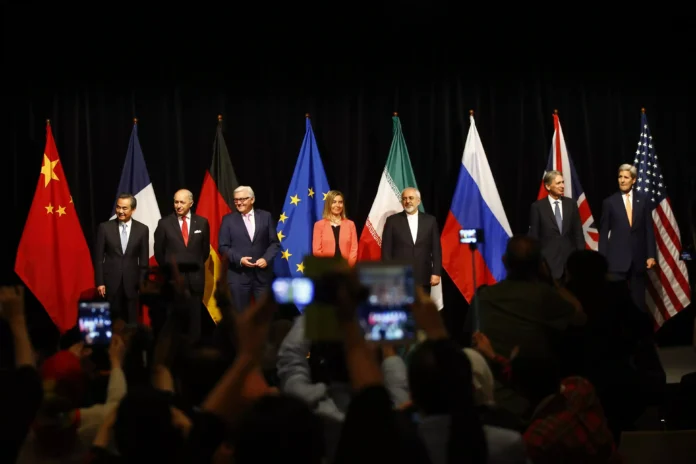Author: Henry Rome
Affiliation: Eurasia Group
Organization/Publisher: Foreign Affairs
Date/Place: March 7, 2022/USA
Word Count: 1936
Link: https://www.foreignaffairs.com/articles/middle-east/2022-03-08/limits-new-iran-nuclear-deal
Keywords: US, Iran, Russia, JCPOA, IRGC, and Mr. Rouhani
Brief:
Despite late Russian demands, the US and Iran appear committed to a new deal to reduce Tehran’s nuclear program in exchange for US sanctions relief. The original Joint Comprehensive Plan of Action (JCPOA) called for both the US and Iran to scale back portions of Tehran’s nuclear program in exchange for US sanctions relief. If the agreement is reached, Iran will receive free oil sales and re-entry into the global financial system. Uranium enrichment and centrifuge tests are also prohibited. However, any agreement will have flaws, which will be exacerbated by deteriorating US and Iranian attitudes. The deal’s hazy future could come true. Businesses may avoid Iran in an uncertain deal, reducing Tehran’s interest and the costs of another US withdrawal. Iran’s difficult business environment, as well as the nuclear deal’s long-term viability, were all scrutinized. Because of the IRGC’s broad role and mismanagement, extra caution was warranted. Banks in Europe were on edge. However, they claimed that the US did not actually lift sanctions. In 2016, Ali Khamenei stated, “No sanctions will be repealed.” According to Iran’s central bank chief, the JCPOA has had little impact in three months. Tehran recently demanded “verification” to ensure that economic activity increases before Iran lifts sanctions. Governments can only provide solace to so many concerned shareholders and boards. In six years, Iran’s political landscape has shifted. Mr. Rouhani declared the agreement a watershed moment in Iran-US relations in 2016. He then struck multibillion-dollar deals in Europe. President Ebrahim Raisi’s foreign policy does not prioritize the United States or Europe, and since his election he has criticized the reforms required to remove Iran from the Financial Action Task Force (FATF) blacklist. Analysts believe that only a hardliner could deliver and defend such a tense encounter. Indeed, as the deal’s flaws become clearer, Raisi may well take advantage of them. Firms in Europe and Asia are the most vulnerable. Iran may be better off with China or Russia as a partner. Russian firms are unlikely to invest in Iran following Russia’s invasion of Ukraine. China’s business may be less concerned about Iran. Beijing and Tehran signed a 25-year agreement in 2021, which could pave the way for deeper engagement. Even if Beijing supports the deal, Chinese firms are vulnerable to Iran’s structural problems and US sanctions. The renewal of the agreement would pave the way for future talks, but many Iranians are skeptical.
By: Maryam Khan, CIGA Research Associate




